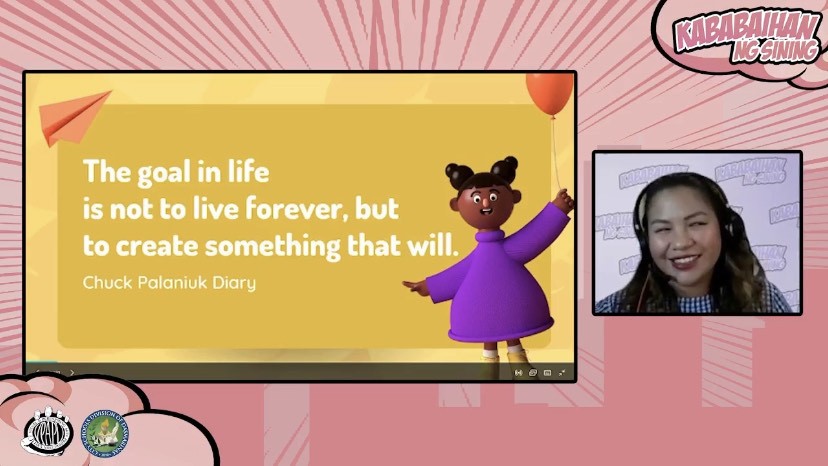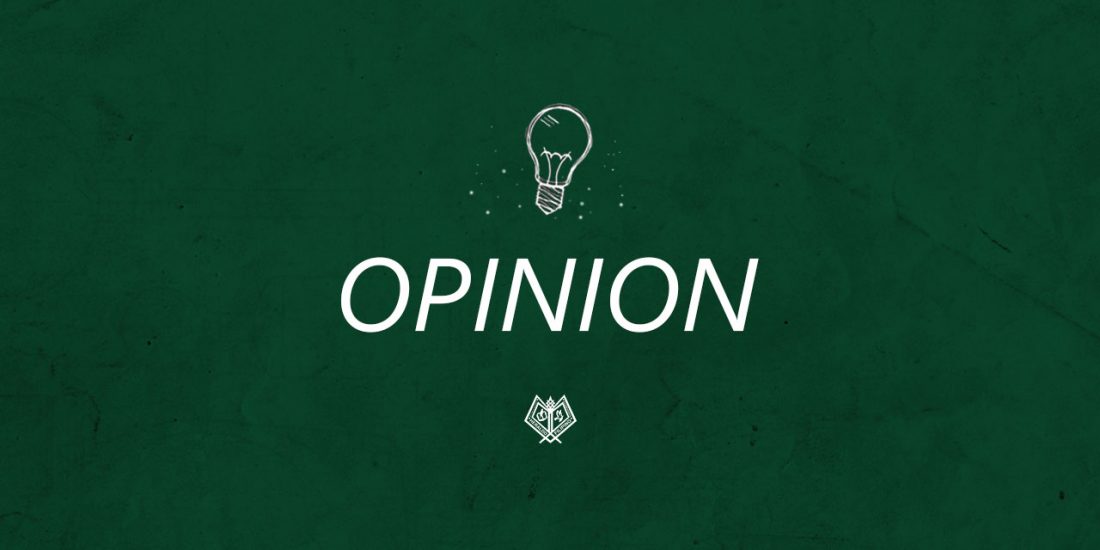Acceptance Demands No Condition
Originally published in HF Volume 36 Issue 1
It was one of those unproductive days during my freshman year when I found myself sitting with a group of students in one of the school’s reading spots. I listened in private while they talked about their previous assessment for the Religious Education course about gender equality. As many circles of friends would do after long hours of classes, they reviewed each other’s responses and arguments on the topic – until I heard familiar phrases that stood out to me the most: “I have no problems with gays and lesbians, but once they get intimate with their fellow men and women…then, it’s a sin” one student argued.
“Right. I don’t support them, but I don’t condemn them either” the other responded.
These points haunted me even up to these days — not because they were right, but because these have been consistently used to validate imperious and insensitive ideas about the existence of the LGBTQIA+ community.
The problem with our society today is that people often forward and fight for an ideology that questions the real essence of acceptance. When it comes to the discussion of gender equality, there’s always a rampant use of taxing statements such as “I love gays, but…”, “Gender equality is cool, but…” It was never a simple “I accept them” or “They deserve the equal rights I have”. Gays, lesbians, and other members of the third sex have to run twice to get half as far to seek unconditional acceptance and validation. While it is important to open discussions that would encapsulate gender equality, real acceptance will never be attained if we perpetuate narratives full of buts, and set demanding conditions that we never ask and expect from heterosexual individuals.
With the prevalence of these arguments, perhaps we should start asking ourselves that upon failing to accept the community that has been marginalized for the longest time, doesn’t that make us the very thing we’ve been trying not to become — condemning and fault-finding fellows? No matter how some people try to justify their reasons, failing to support a certain group of people is, in itself, an act of condemnation — a form of judgment to which none of us is entitled.
As narratives of tolerance remain more prevalent than mere and genuine acceptance, we are traversing far from reaching a more harmonious relationship with one another.
Acceptance is not in any way equated to tolerance — that is something people should learn to understand.
In fact, I believe that acceptance is the opposite of tolerance as it only takes us away from understanding, and leads us back to conventional judgment. If we want to achieve real change in our nation’s perception of gender equality, then acceptance should be the primary goal. That, we can only attain by yielding subsequent conditions that impede the basic human rights of every queer kid and adults who have grown and continue to grow in fear, buts, and tolerance.





